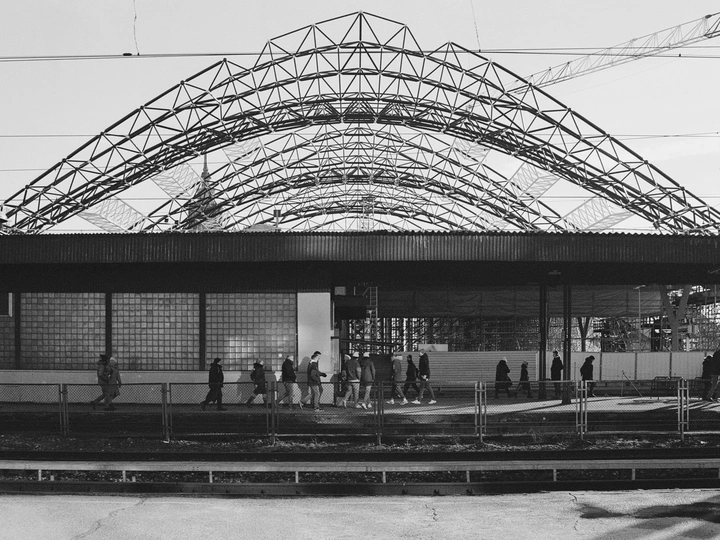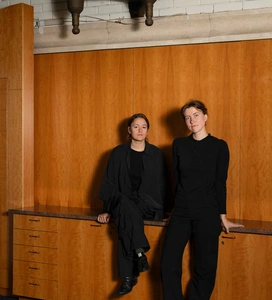Baltic Lines

Sofie Lucia Maria Carlson
Aistė Gaidilionytė
Gustavs Grasis
Danute Līva
Mattias Malk
Diāna Mikāne
Katariin Mudist
Eglė Šimėnaitė
Kamilė Vasiliauskaitė
Paula Veidenbauma
Diana Mikane is an artistic researcher and practitioner, working between Riga (LV) and Nida (LT). Interested in interdisciplinary approaches, Diana transitions between various art-related roles, ranging from working in art institutions and educational spaces to engaging in field and theoretical research, writing, and translation. Coming from a theoretical background (Philosophy, Art Theory, and Curation) Diana’s research inquiries gravitate around nuances of everyday aesthetics and reflection upon decolonial practices within the context of a modern post-Soviet space.
Paula Veidenbauma is an urbanist and a theatre maker based between Vienna, Austria, and Riga, Latvia. She is curious about optimistic materialities of early neoliberalism and the contemporary project condition within our everyday lives. With a focus on exploring fractures of governmentality through situated practice, Paula often dives into spatial paradoxes as alliances with material properties while working across varied media. With a background in Film and Theatre, and Urban Studies she continues working on the intersection of both disciplines.
In 2023, Paula and Diāna initiated the ‘Baltic Lines’ network, an artistic research project exploring themes such as the concept of the Baltic region, archiving as a political practice, and documenting megaprojects through the lens of the Rail Baltica train line implementation. Eleven participants from Latvia, Lithuania, Estonia, Finland, and Sweden joined the project, forming a collective research environment. Within the network, everyone is invited to use the artistic medium of their choice.
The project began with Baltic Lines’ public program of walks and talks in January in Riga (LV). In June, all participants will be part of the artist residency at the VARES Architecture Residency in Valga (EE). In October, the Baltic Lines group exhibition will open at the InTheCloset Gallery in Vilnius (LT).
Railway projects possess complicated sociospatial programming. This proposal explores different critical perspectives on hard infrastructure projects implemented over long periods of time, often seemingly abstracted from their embedded localities. Baltic Lines is focusing on Rail Baltica’s — a railway megaproject planned to connect Warsaw to Helsinki — multifaceted situated implications by tracing the infrastructural nodes through artistic research. What is this new urban time-space we are embarking on? Where is the arrival point set?
The project frames the exploration of Rail Baltica as an artistic practice that engages with the complex dynamics of urban transformation while approaching the train project as a semiotic material technology linked to situated knowledge production. Through feminist geographies intertwined with critical urbanism, the research process empowers participants to question existing power structures and uncover hidden — sometimes personal — narratives amid potentiality-driven futures. This perspective views cities as dynamic spaces shaped by social, cultural, and political forces. Interwoven with critical pedagogy, the Baltic Lines network is facilitated as a caring ecology where the participants are invited to actively shape the research process and their artistic contributions. Within the network, they are invited to use the artistic mediums of their choice to explore their research inquiries. The individual research question development is connected to a collective process within a shared landscape of support.
The project aspires to develop an expanded methodology fostering new alliances and prompts reflections on where Rail Baltica's impact extends. Baltic Lines emphasizes soft approaches for navigating the managerial orientations posed by hard infrastructures on human and non-human landscapes while wondering what the tools for feminist objectivity are within artistic research practice.
